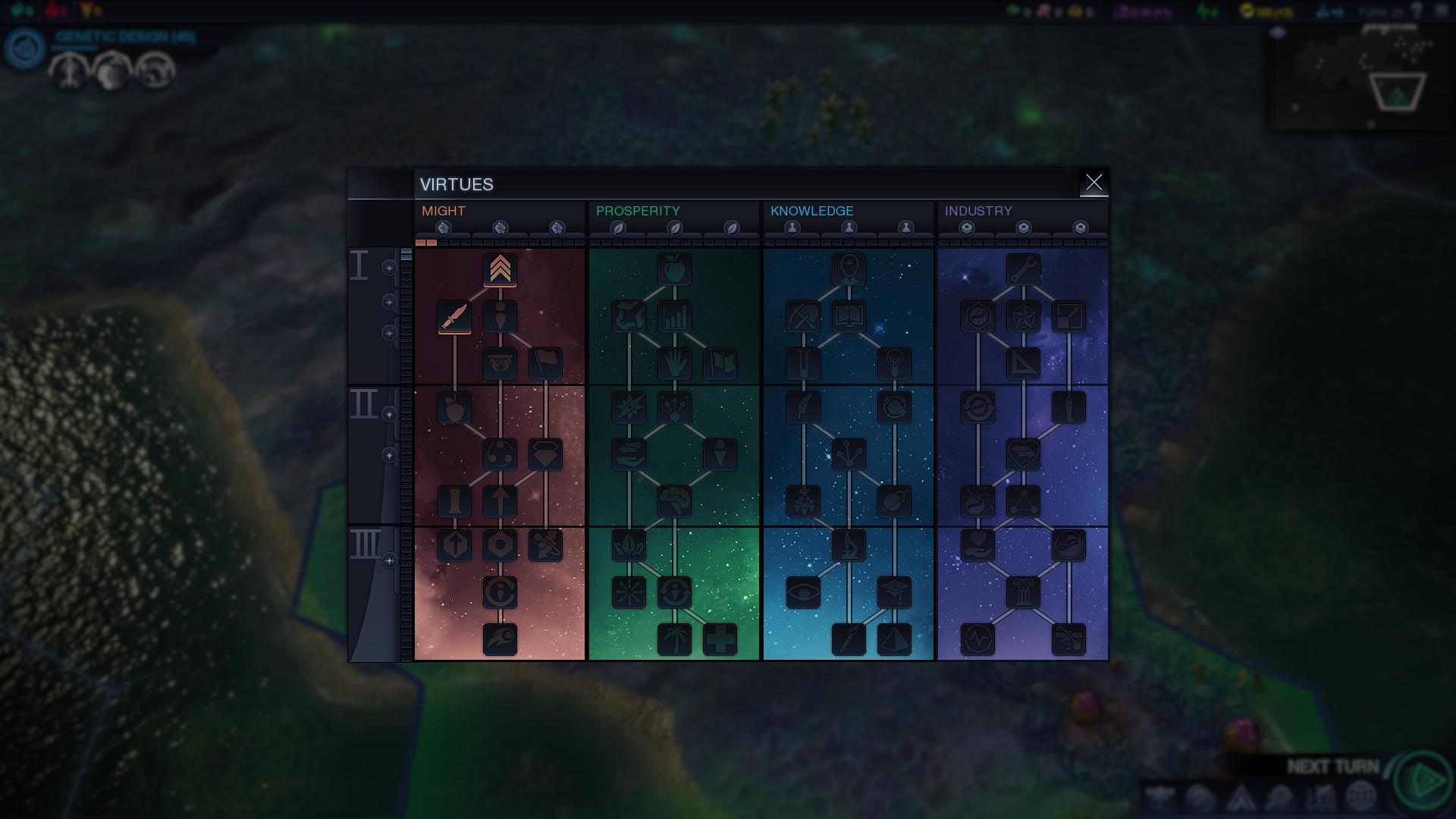

These newcomers were grounded not in the idealism of their predecessors, but on opportunism, resilience, ruthlessness, and above all a commitment to their own survival. From this tumultuous time, two new factions arose. Those left behind fell into a violent struggle over the quickly-diminishing resources on their barren home world.

Fear is the mind-killer.After the first wave of great colony ships departed Earth, the jubilation of humanity was short-lived. And when the core experience is already so compelling, a change of scenery might be all you need to fall back in love. Life on a distant planet may be similar to how we ran things back here at home, but there are enough surprises, dangers, and twists in store to make Civilization: Beyond Earth worth exploring. The game does its best job of bringing new players up to speed, both with help pop-ups and a robust encyclopedia of rules and terminology, but it'll take you at least a game or two to figure out how all of its copious moving pieces fit together. There are so many layers of systems, resources, and units to build-on top of the already convoluted mound of mechanics from Civilization 5-that, unless you've played other Civilization games before, you'll likely find yourself completely lost. Correction: you will find yourself in over your head. If you're new, you might find yourself in way over your head. If you're not careful, they can do everything from stealing your technology, to siccing one of those giant Siege Worms on your city.īecause Beyond Earth is so similar to Civilization 5, veterans will find it easy to hop in with only the briefest of advice. When you're not getting harassed with high-grade weaponry, you're also being engaged in a cold war, as your enemies infiltrate your cities from the inside. While many other aspects of Beyond Earth might be a bit too similar to older games in the series, the native fauna really do change how you explore, build, and grow as a society. Or, you can befriend them, and use them to your advantage. If you want to fight them off, you can use them to give your soldiers experience. But really, they're a tool, just like everything else in the game. At first, I thought they were a nuisance, always getting in the way. And unlike the barbarians from vanilla Civilization, these buggers keep coming back, regardless of how many you eviscerate. Sometimes they'll leave you alone, letting you go about your business, but if they feel threatened, they'll start attacking without warning. They may seem like horrific hell beasts, but you soon discover that they were kinda here first, and you're stepping all over their homes with your evil humanity. The affinity system can drastically change how you interact with this forbidden planet, and seeing your civilization slowly evolve from futuristic buildings to an alien/human hybrid society is really cool.Īnd the aliens. You can be a peace-loving race of cybernetic beings, or unleash a horde of sandworms on your unsuspecting foes. While the affinities certainly change your approach to the game (Purity is all about destroying aliens, while Harmony allows you to harness their power for your own), they don't limit your strategies in anyway. Your affinity determines how you interact with the alien planet and its resources, as well as how you approach the endgame, adding yet another layer of choice onto a game that wasn't exactly lacking in it. On top of the new, non-linear technology web and this quest system, you've also got to worry about your affinity level. Be careful, though powerful ground units and crafty spies can shoot them out of the sky if you're not paying attention. They're not necessary, but building them can certainly give you an edge over your competition. These satellites provide an area of coverage, providing bonuses to all of the tiles it reaches. In addition to growing your city with buildings and military units, Beyond Earth lets you construct satellites and shoot them into the stratosphere.


 0 kommentar(er)
0 kommentar(er)
